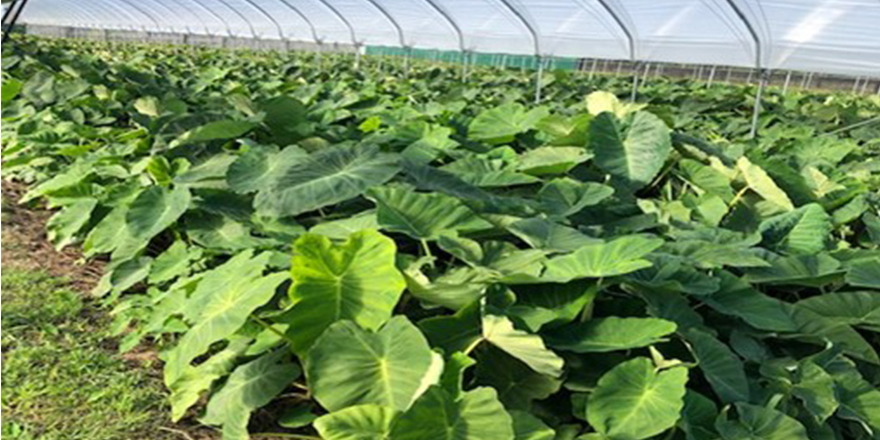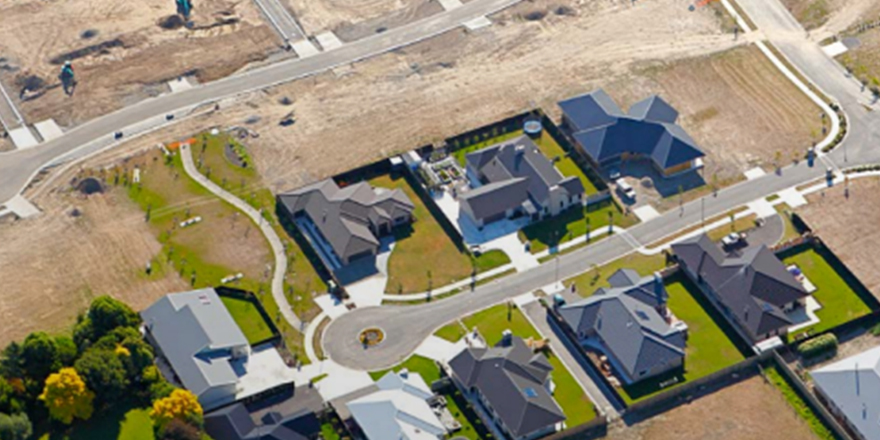Executive summary
Farmers in Aotearoa New Zealand face increasing regulatory pressure over coming decades. The need to reduce greenhouse gas emissions as well as reduce the loss of contaminants to water is going to be a major challenge for the farming sector in this country and difficult to achieve within complex farming systems.
In response to these challenges many communities have founded catchment groups as a collective response to need provision on farm. These groups seek to utilise social learning techniques and communities of practice type approaches to increasing the capability of their members to shift them through decision making processes and through barriers that impede progress.
This study encompasses in depth interviews with five individuals involved in the formulation and running of catchment groups for their communities. Interviews were conducted to explore whether their experiences to date matched their expectations. Thematic analysis was utilised to identify key trends in the areas of success that the groups have had as well as the barriers to success that they have encountered. Areas that had particular prominence included the opportunity to feed back into regulatory processes to allow member to participate in the formulation of regulation.
Members also expressed a desire to foster better communication with urban communities and to communicate their perspective on farming’s role within a sustainable economy. One of the key benefits that participants have found is the way in which participation has increased the resilience of their community through allowing them a shared space to develop their understanding of the current environment through a narrative and experiential exploration of the issues they face.
Catchment groups in Aotearoa New Zealand are defined by their geographic extent rather than being united by practice or industry. This quality is not reflected in the literature published to date which focusses on utilising communities of practice to enable on farm practice change. As such the goals and work of catchment groups do not reflect a linear understanding of adaptation to an external threat. In many instances catchment groups are a method of enabling agency in attempting to redefine the problem before a course of action is determined.
Though the groups have seen a lot of success in enabling their members to engage with more sustainable farming practices they have not yet made significant progress through decision making frameworks nor have they addressed the larger barriers to change in adoption of application of mitigations within complex systems. Further studies in this area need to adopt a more holistic viewpoint of the goals that a community may have in forming a catchment group and also the potential for longitudinal studies to be more efficacious in capturing changes in attitude and expectations over time. In order to be successful catchment groups are going to require funding support for administrative capacity as well as clear planning and gap identification from leadership within their group.
“I really see the value of catchment groups and community groups in that they’re the ones that know what’s happening on the ground, they have the vested interest. A lot of the people have been living in the area for generations and they have strong vision and goals for what they’d like to achieve on their own farms. The really engaged and motivated people are also looking at what’s going to be the situation for their kids and or farming in the future. So they’ve got that long term vision and they’re connected with the day to day environment. Having catchment groups and allowing them the space to grow and to have organisation and a voice is really valuable for the country as a whole.
We need information to move in both directions. We need information to come from the ground up and we need it to be well disseminated when It’s coming the other way and the best way for that is if it’s communicated peer to peer as much as possible and that ideas are discussed and understood rather than terms and technology just being put out there without it being integrated. I feel that catchment groups really provide an opportunity for knowledge sharing and building ideas. They do have a lot of positive outcomes outside of just that particular group.”
Facilitator – Group A
Download and read the full report here




